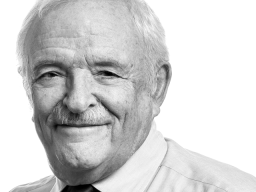
Yiyu Wang, PhD
Post-doctoral Scholar of Physical Medicine and Rehabilitation, Feinberg School of Medicine, Northwestern University
About Me
Dr. Yiyu Wang is a Post-doctoral Research Associate at Shirley Ryan AbilityLab and an Post-doctoral Scholar of Physical Medicine and Rehabilitation at the Northwestern University’s Feinberg School of Medicine.
Dr. Yiyu Wang's research agenda centers around understanding neural mechanisms of how movements are learned and controlled. Specifically, Dr. Yiyu Wang's research implements the variety of non-invasive techniques (e.g., TMS, peripheral electrical stimulation, and hypoxia) to identify the neural correlates associated with learning motor sequence, adaptation to a novel environment, and bimanual coordination. Subsequently, adequate neural intervention to improve motor functions is studied based on the understanding of neural mechanisms underlying the movement control.
At Shirley Ryan AbilityLab, Dr. Yiyu Wang's research primarily focuses on studying how to improve motor functions in patients with Multiple Sclerosis (MS). In particular, the research implements neuroimaging techniques, non-invasive intervention, and medications to renovate current approaches in rehabilitation to improve the ability to move and accomplish daily tasks for MS patients.
Location
Shirley Ryan AbilityLab
355 East Erie Street
Chicago, IL 60611
Education & Training
-
Education
2018 – 2023
Texas A&M University, PhD in Motor Neuroscience


